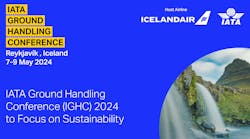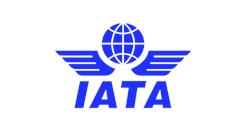The FAA has delivered its proposed rule regarding foreign drug & alcohol testing programs to the White House Office of Information and Regulatory Affairs (OIRA). The text of the proposal will not be available until it is published in the Federal Register for public comment; there is no specific timeline this publication, but OIRA’s review is noteworthy as it represents the first substantive progress on the issue since 2014.
In that year, ARSA led a coalition of industry organizations on comments to the agency’s advanced notice of proposed rulemaking (ANPRM). The group implored the agency to respect national sovereignty by adhering to congressional language requiring any D&A testing rule be “consistent with the applicable laws” of the countries impacted. In addition to that legal limitation, the American imposition of testing requirements could damage bilateral aviation safety agreements (BASAs) and weaken the small businesses that are the industry’s backbone.
OIRA is a federal office established by Congress in the 1980 Paperwork Reduction Act. In addition to reviewing government collections of information from the public under the Paperwork Reduction Act, OIRA reviews draft proposed and final regulations under Executive Order 12866. The order requires an analysis of the costs and benefits of rules and, to the extent permitted by law, action only on the basis of a reasoned determination that the benefits justify the costs.
ARSA plans to engage the process and remain alert for the issuance of the notice of proposed rulemaking (NPRM). Members are encouraged to catch up on the process so far by reviewing the regulatory information provided by the Office of Management and Budget and reviewing ARSA’s updates below.
This rulemaking would require controlled substance testing of some employees working in repair stations located outside the United States. The intended effect is to increase participation by companies outside of the United States in testing of employees who perform safety critical functions and testing standards similar to those used in the repair stations located in the United States.





